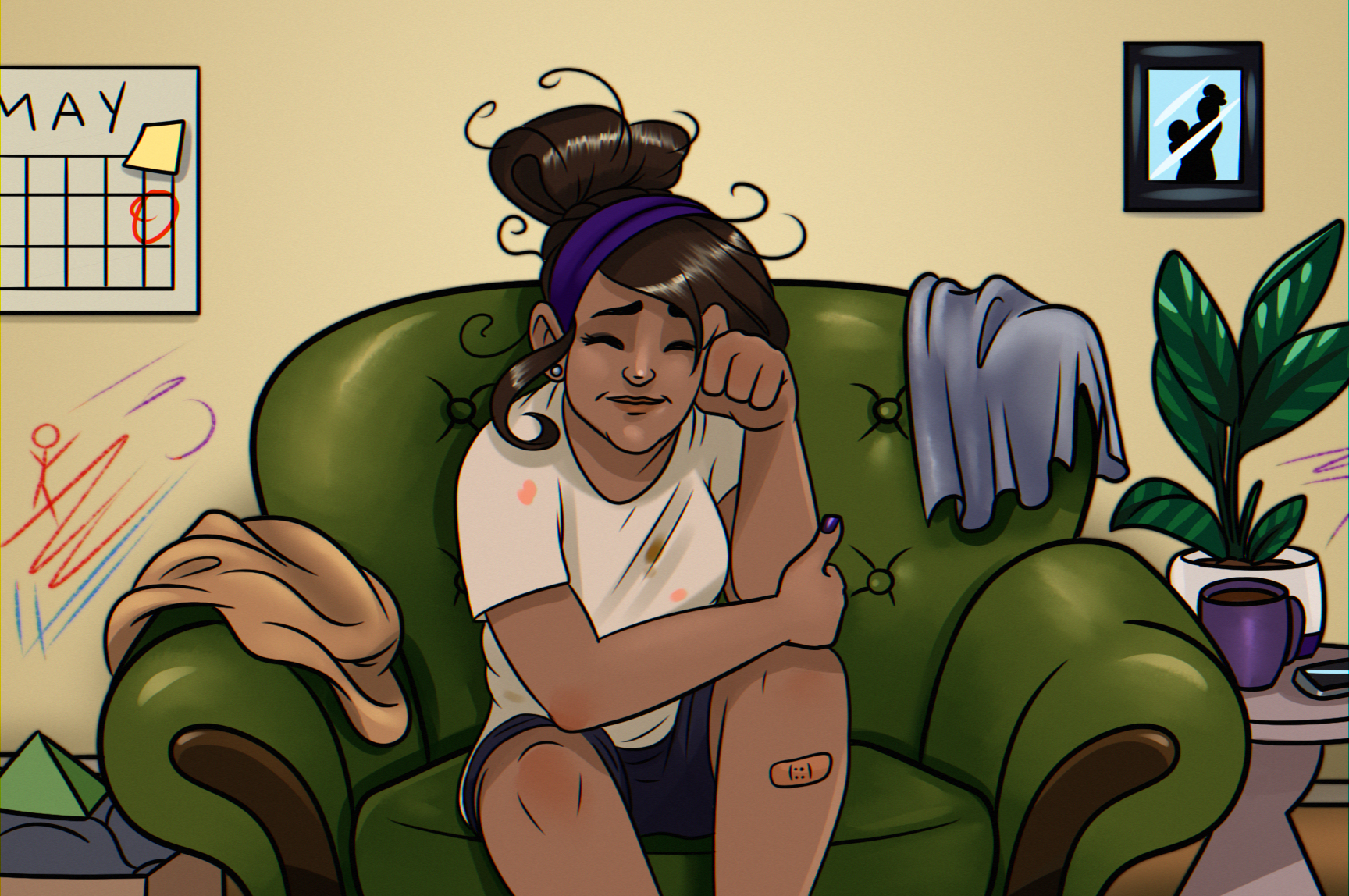What is a single parent?
We hear the term “single parent” used to describe different types of parenting situations. Sometimes people identify as a single parent because they are not in a relationship with anyone. Other times, parents that are in an adult-interdependent relationship still identify as a single parent because they are not living with the other parent. The definition of a single parent seems to focus on the biological parent’s relationship with each other rather than any parental figures the child has in their life.
The child, on the other hand, does not just have a single parent. The child has two parents that live apart. One of those parents might be absent leaving the single parent as the only parent. The only parent is left completely responsible for the day-to-day care, decision-making responsibilities and costs for raising the child.
Is it better to be a single parent or the only parent?
Being the only parent seems like hitting the jackpot to a single parent that does not like the other parent. Being the only parent ends conflict, there is no requirement to ask for asking for permission before making any big decisions and holidays are not shared. The only parent has the freedom to parent as they want without any micromanagement or criticism from the other parent.
The perceived benefits of being the only parent is often the focus point when it comes up in conversation. We do not hear many people openly discuss the challenges of being the only parent such as:
- Child support is not an option. The sole parent is raising the child on their income alone.
- Time-off is a luxury. The sole parent does not have a parenting schedule that guarantees a break and must plan for childcare to make personal plans.
- The child is different. Many of their peers have something they do not: more than one parent and the extended family and support that come with it.
The conversation surrounding single or sole parenting tends to forget the child’s perspective. The well-being of the child is worth more than the comfort, convenience or financial support. The child can only have a sole parent if there is an absent parent, deceased parent or unidentified parent. The child may have been abandoned, rejected or alienated. There is no other parent in the child’s life that can or wants to be a parent.
The child of a sole parent will grow up without many life of the life experiences that come with having a second parent. The child is watching their peers experience these things. Television, movies and frequent glamourize the roles of mothers and fathers. The sole parent and the child will experience a roller coaster of emotions and there is no easy fix or replacement to the missing parent.
Sometimes, it may seem like this is not the case. Another person might stand in the place of a parent to a child of a single parent or sole parent. Anyone that stands in the place of a parent must be willing to commit to the child even if whatever relationship they have with the birth parent ends. Unfortunately, this is not always the case despite any promises that were made. DNA, money and breakups are often used to justify abandoning the child. For a child that had a sole parent, losing a parent that stood in the place amplifies the pain and suffering.
High conflict situations between a biological parent and non-biological parent almost always involve a child that is suffering. The biological parent’s goal is usually to protect the child’s wellbeing whereas the other parent is only concerned about protecting their own interests or finances. On the other hand, high conflict situations between biological parents are usually heated because at least two people love the child, want to spend time with the child or have different ideas about what is best for the child. We would much prefer this for the child over the alternative.
Final Thoughts
Parents need to remember to be kind to each other and find a way to make it work in whatever their situation might be. In difficult situations, parents should seek guidance when stuck in a rut in the current situation. There are several options available that are suitable for many different types of challenges. The outcome for child is worth the effort that the parents should put into ending conflict and finding a way to adapt to whatever life throws at them.





